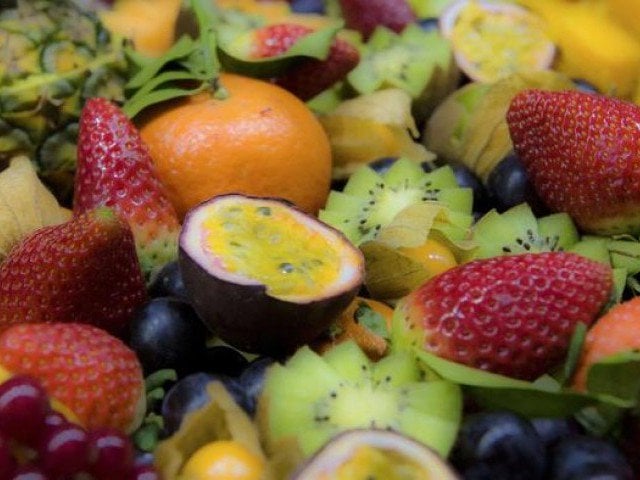
Pakistan Fruit and Vegetable Exporters, Importers and Merchants Association (PFVA) Patron-in-Chief and Federation of Pakistan Chambers of Commerce and Industry (FPCCI) Vice President Waheed Ahmed said he wants to hand over the plan to the elected government that comes into power after general elections on July 25.
“The new government will not have to evaluate what to do. We would hand them the roadmap and tell them what needs to be done for the sector,” Waheed said during the curtain-raising ceremony of Pakistan Horticulture Vision 2030 (PHV-2030) at the FPCCI head office. The PHV-2030 would be revealed in another ceremony on July 18.
Horticulture company: Cabinet allows change in rules to appoint CEO on deputation
Increasing exports is crucial for an economy like Pakistan that faces a bulging current account deficit and falling foreign exchange reserves. Amid deteriorating macroeconomic conditions, the currency has shed 13% of its value in the last seven months, triggering inflation and interest-rate hikes.
Speaking to The Express Tribune, Waheed said three areas will require focus.
“The area of production will have to be increased for horticulture production. Varieties will be increased for export purpose. Thirdly, modern techniques will be employed to increase yield per unit area,” he said. He added all this would enable the sector to move towards value-addition. “Value-addition can only be increased if we have surplus production.”
USDA’s three-day agriculture workshop kicks off
Waheed said that Pakistan needs to come out of traditional produce of potatoes, onions, mangoes and kinnows and expand its exportable varieties.
Meanwhile, Commonwealth Agriculture Bureau International (CABI) Director Dr Babar Bajwa said that Pakistan has always focused on urban development but the country’s fortune will only change when it starts developing rural areas and turn them into cities. CABI is an international agriculture research organisation.
Also speaking on the occasion, State Bank of Pakistan Executive Director Samar Hasnain said that the agriculture sector holds a top priority for the central bank. He said that SBP believes three sectors are very important for the country, economically and socially, which includes agriculture, small and medium enterprises (SMEs) and low-cost housing.
Agriculture sector continues to get incentives
Hasnain said financial inclusion and Islamic banking could help these sectors evolve effectively.
He said that agriculture credit disbursement has increased considerably in the recent past and Rs1,000 billion will now be disbursed this year. But geographically there exists high disparities in credit disbursement, which needs to be addressed, he lamented He said that the sector needs to avail the enticing provision of credit at a fixed rate of 6% for next seven years.
Pakistan’s horticulture exports stood at $571 million for the year 2016-17 and now the sector is expecting an increase of 10% to 15% for the year 2017-18.
Published in The Express Tribune, July 8th, 2018.
Like Business on Facebook, follow @TribuneBiz on Twitter to stay informed and join in the conversation.




1731916090-0/sabrina-(3)1731916090-0-165x106.webp)












COMMENTS
Comments are moderated and generally will be posted if they are on-topic and not abusive.
For more information, please see our Comments FAQ